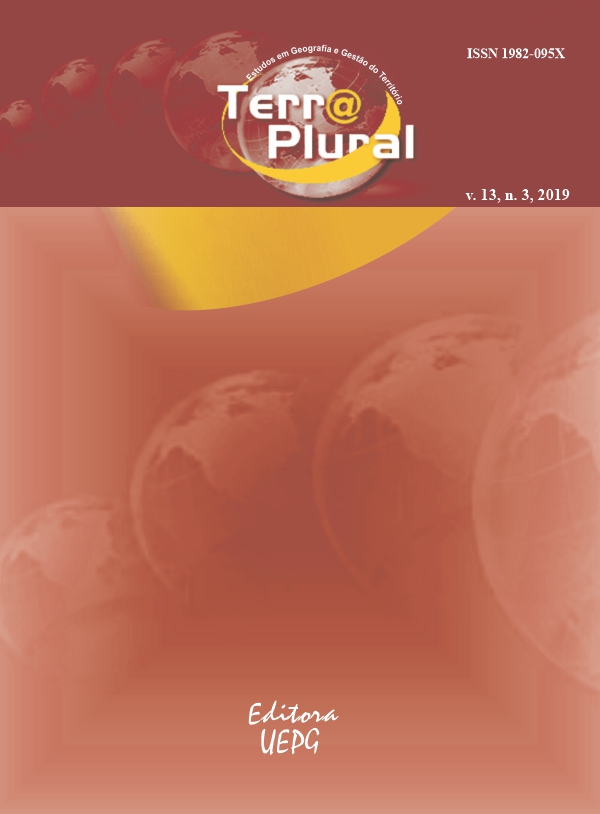Community Participation: How the population contributes to urban planning and cities’ development in Brazil and Portugal
Palabras clave:
Participatory budget, Community involvement, Urban planning, Public consultations.Resumen
The urban environment, understood as the environment changed by man, is represented by the city as a space for coexistence of individuals, endowed with an entire infrastructure composed of public goods and services, which aim at the well-being of its inhabitants. When people effectively participate in decision-making interest in cities, they feel more responsible for the outcome of their decisions, providing a political maturity of the population. In both Brazil and Portugal, the Master Plan is the main instrument for planning and regulating cities and the urban environment. The difference between them may lie in the fact that Brazil is one step ahead with popular participation in urban planning and participatory budgeting, probably due to the political and socio-economic characteristics of the country, and the needs that this condition imposes on its inhabitants. Regardless of both Brazil and Portugal already make great efforts in this direction, and the question of community involvement in the decision-making process, urban planning, and participatory budgeting is already addressed and considered (although at different levels, stages, and legal formalization), there is still much to be done in this direction to ensure the effective participation of the population in the construction and evolution of cities.
Descargas
Descargas
Publicado
Cómo citar
Número
Sección
Licencia
La revista Terr@ Plural retendrá el copyright de los trabajos publicados. Los derechos tienen referencia con la publicación del trabajo en cualquier parte del mundo, incluyendo los derechos a Las renovaciones, expansiones y diseminaciones de la contribución, así como otros derechos subsidiarios. Los autores tienen permiso para la publicación de la contribución en otra medio, materia impresa o digital, en portugués o en otra traducción, desde que los créditos tenidos sean dados a la Revista Terr@ Plural. Si permite el autoarchivo de los artículos publicados, en repositorios institucionales, temáticos o páginas webs personales en la versión pdf bajada del site de la revista.















